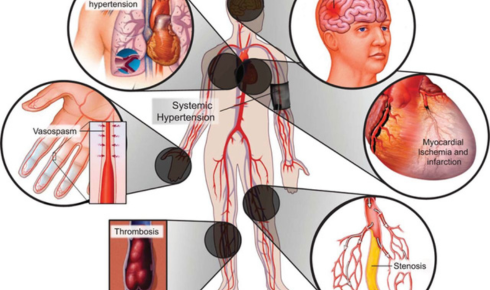Introduction
Cutting-edge clinical trials continue to reshape the treatment landscape in vascular surgery, metabolic health, and hematologic cancers. New data on Humacyte’s bioengineered vessels, Metsera’s amylin analog, and lisaftoclax in leukemia patients showcase the growing influence of biopharmaceutical innovation in meeting critical medical needs.
Promising Results from Humacyte’s AV Access Study
Humacyte has reported positive results from its AV Access Study, evaluating human acellular vessels (HAVs) for use in hemodialysis access. These bioengineered vessels represent a first-in-class regenerative medicine approach for patients requiring arteriovenous (AV) grafts.
Key highlights:
- High patency rates and reduced infection risk compared to synthetic grafts.
- Favorable tissue integration and remodeling over time.
- Demonstrated potential for long-term vascular access maintenance.
These results reinforce the role of bioengineered vessels in improving outcomes for patients with end-stage renal disease. Humacyte’s AV Access Study shows promising results
Metsera Advances Amylin Therapy for Metabolic Health
In the metabolic health domain, Metsera has unveiled positive Phase 1 data for its novel amylin candidate, targeting weight management and glycemic control in patients with obesity or type 2 diabetes.
Trial insights:
- The amylin analog demonstrated a favorable safety and tolerability profile.
- Indications of appetite suppression and improved glucose regulation.
- Supports further development as part of combination therapies.
This development highlights the growing interest in peptide hormone therapies to address the global obesity epidemic. Metsera announces positive Phase 1 data of amylin candidate
Lisaftoclax Demonstrates Activity in Venetoclax-Refractory Leukemia
Ascentage Pharma is making significant strides in hematology with lisaftoclax, a selective BCL-2 inhibitor. New data presented at ASCO 2025 highlight its efficacy in patients with chronic lymphocytic leukemia (CLL) and other hematologic malignancies who have failed treatment with venetoclax.
Key outcomes:
- Promising overall response rate in heavily pre-treated populations.
- Continued safety monitoring supports manageable toxicity.
- Signals a potential second-line therapy for venetoclax-resistant patients.
This milestone opens doors to new options for patients with limited therapeutic alternatives. Lisaftoclax data in venetoclax-refractory patients from ASCO 2025
Conclusion
These advancements—from regenerative AV grafts and metabolic hormone therapies to second-line leukemia treatments—reflect the expanding frontiers of clinical science. Stay connected to the latest progress at Clinical Trial Vanguard.





